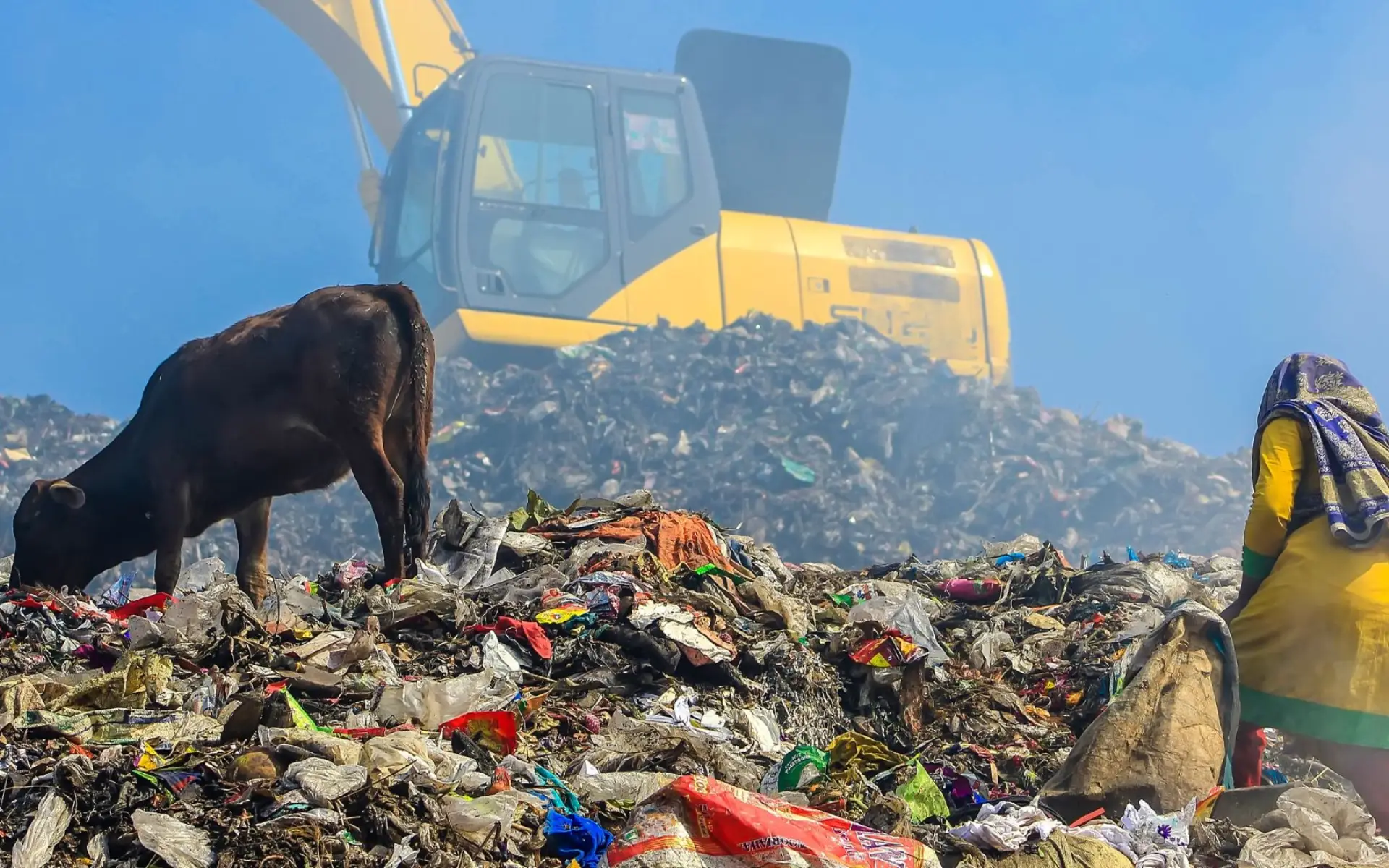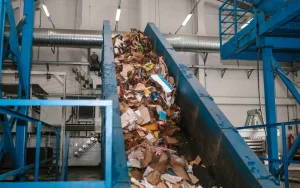Asia, home to over 60% of the world’s population, faces a mounting waste management crisis. Rapid urbanization, population growth, and increased consumption are placing immense pressure on regional waste management systems. Without urgent intervention, the problem poses significant risks to public health, environmental sustainability, and economic development.
The Growing Waste Management Problem in Asia
In recent decades, Asia has emerged as a global economic powerhouse, but this progress has come at a cost. According to the World Bank, the region generates approximately 1.3 billion tons of waste annually, a figure projected to double by 2050. Key contributors include plastic waste, electronic waste (e-waste), and food waste. Countries such as China, India, Indonesia, and the Philippines rank among the top generators of solid waste.
Key Challenges:
- Inadequate Infrastructure: Many countries lack the necessary infrastructure for efficient waste collection, recycling, and disposal.
- Poor Regulation and Enforcement: Ineffective policies and limited enforcement have led to the proliferation of open dumpsites, illegal burning, and unmanaged landfills.
- Plastic Pollution: Asia contributes nearly 80% of the world’s marine plastic pollution, driven by the widespread use of single-use plastics.
- Limited Public Awareness: Communities often lack awareness and education regarding sustainable waste practices.
The consequences of mismanaged waste are alarming. Polluted waterways, air pollution, and soil contamination have become widespread, harming both ecosystems and human health. Urban areas, in particular, are struggling with overflowing landfills and inadequate waste-to-energy solutions.
The Role of Exhibitions in Addressing the Crisis
Amid this critical situation, industry exhibitions have emerged as powerful platforms to drive collaboration, awareness, and innovation in waste management. By bringing together key stakeholders—including policymakers, waste management companies, environmental experts, and local communities—exhibitions can catalyze meaningful change.
How Exhibitions Help the Industry and Community:
- Showcasing Innovative Technologies: Exhibitions provide a stage for companies to present cutting-edge solutions for waste management, such as advanced recycling systems, waste-to-energy technologies, and smart collection methods. Solutions like AI-powered waste sorting systems or biodegradable alternatives to plastics can gain traction and attract investments.
- Promoting Collaboration and Networking: Industry professionals, governments, and NGOs can collaborate on actionable plans during exhibitions. These events foster partnerships that can lead to large-scale projects, such as building modern recycling plants or implementing zero-waste city programs.
- Raising Public Awareness: Exhibitions play a critical role in educating the public on waste reduction and sustainable practices. Workshops, interactive sessions, and demonstrations help communities understand their role in solving the waste problem.
- Policy Dialogues and Commitments: Through panel discussions and forums, exhibitions often serve as platforms to debate pressing challenges and propose policy frameworks. Government officials and industry leaders can align on regulatory reforms to improve waste collection and management.
- Supporting Local Startups and Entrepreneurs: Exhibitions give visibility to local innovators and startups developing sustainable waste solutions. These events help small businesses gain funding and exposure to global markets.
A Real-World Impact: Exhibitions Making a Difference
Several key events in Asia have already demonstrated the power of exhibitions in driving progress:
- The CleanEnviro Summit Singapore has provided a platform for showcasing technologies and solutions that address environmental challenges, including waste management.
- Waste Expo India has brought together businesses, policymakers, and experts to discuss strategies for sustainable waste practices in one of the most populous nations in the world.
- Eco Expo Asia in Hong Kong highlights regional and international solutions, inspiring cities to adopt greener waste management practices.
These exhibitions act as incubators for ideas, promoting long-term strategies to improve recycling rates, reduce landfill reliance, and combat pollution.
Moving Forward: A Collective Responsibility
While exhibitions play an essential role in fostering dialogue and innovation, solving Asia’s waste management crisis requires a collective effort. Governments must commit to stronger policies and enforcement, businesses need to prioritize sustainable practices, and communities must embrace behavior changes to reduce waste.
Through innovation, collaboration, and public awareness driven by industry exhibitions, Asia can transform its waste management systems. Such events have the power to accelerate progress, inspire change, and build a sustainable future for the region and the world.




